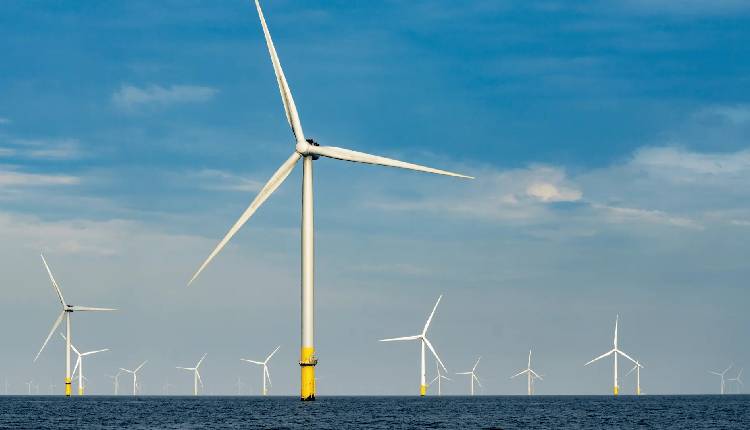The proportion of offshore wind power from the North Sea in Germany’s total wind energy output has decreased due to years of network expansion on land, according to a statement by Dutch grid operator TenneT on Monday.
TenneT, owned by the Netherlands and operator of the Dutch high-voltage grid and a portion of the German grid, reported that the contribution of offshore wind power from the North Sea to Germany’s total wind energy output dropped to 13 per cent in 2023, down from 17 per cent in 2022. TenneT plays a crucial role in the shift away from fossil fuels.
TenneT’s Chief Operating Officer, Tim Meyerjuergens, stated that the “lost years” of expanding wind power capacity on land are now impacting the “wind yield” in the North Sea.
He explained that large North Sea wind farms are facing increasing curtailments due to onshore power grid bottlenecks.
Since offshore turbines have a smaller installed capacity than onshore ones, those in the North Sea are experiencing more severe effects from these curtailments.
It’s worth mentioning that the German government’s plan to acquire TenneT’s German operations faced a setback when the country’s constitutional court ruled that funds left over from the COVID-19 pandemic could not be used for climate initiatives.


